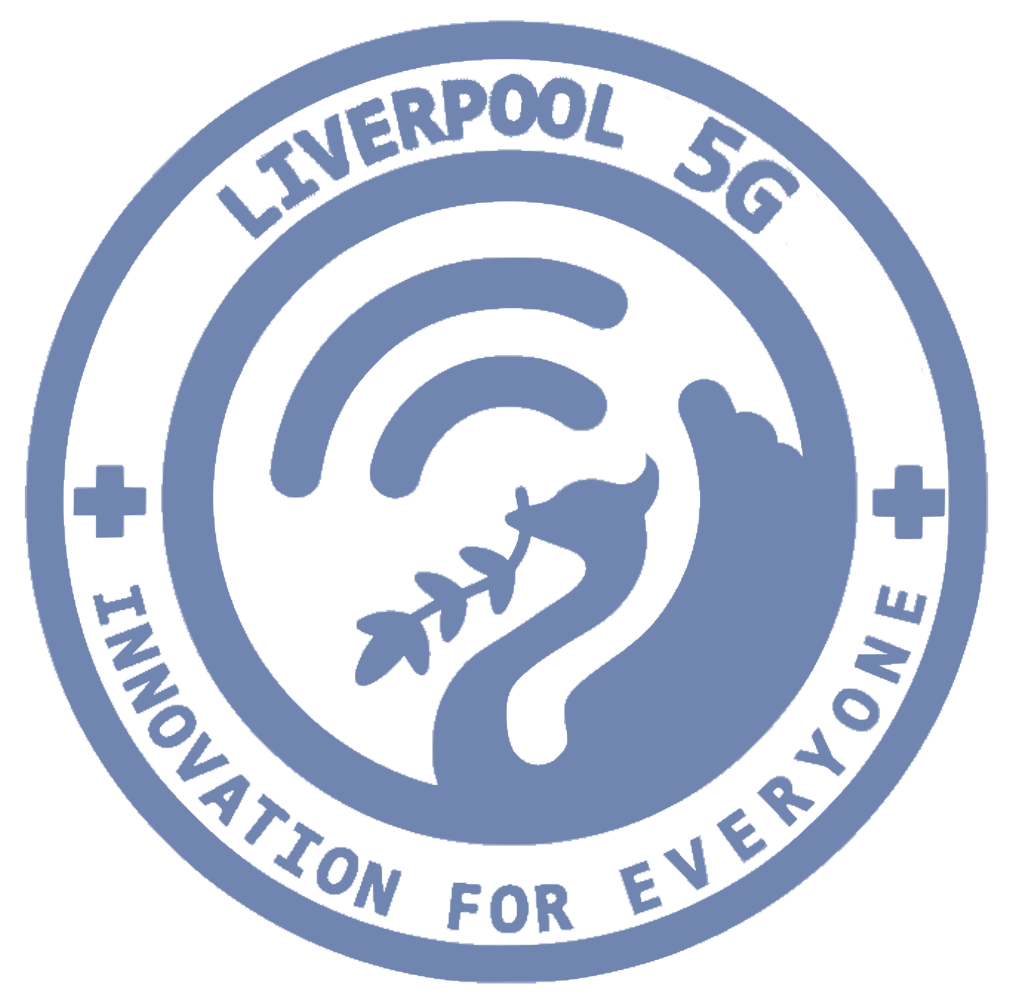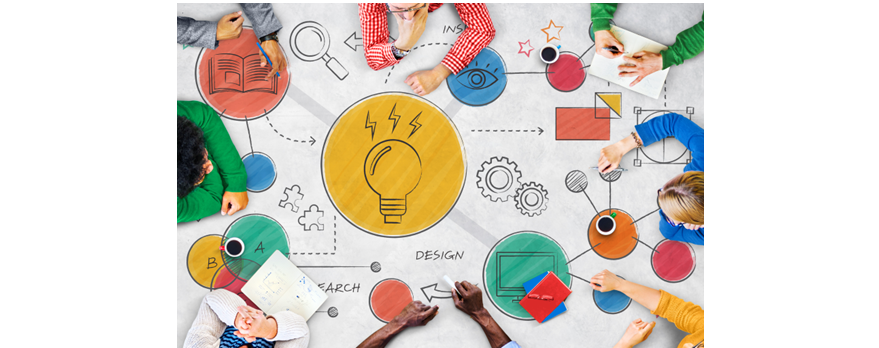Lessons Learned on Collaboration
In the penultimate month of the DCMS-funded 5G Testbed & Trials project (5GTT), thoughts naturally turn to what is next for Liverpool 5G and the private 5G network in Kensington. However, it is important to take stock and reflect on the learnings over the past 24 months, which can help inform approaches going forward.
Collaborating with other 5G Testbed & Trials projects has been an important aspect of the Liverpool 5G Create project. With such world-leading technologies and trials, sharing learnings and experience is extremely valuable in moving the 5G eco-system as a whole forward.
Liverpool 5G took part in two formal collaboration activities, amongst a host of informal background collaboration. Here, we share the lessons we learned along the way.
Identifying Opportunities
It took time, initially, to identify potential collaboration opportunities. Due to the pandemic, there was less opportunity for networking with other projects, and given the breadth and scope of the 5GTT programme, it was challenging to fully understand the other projects in the programme and identify mutually beneficial opportunities.
We found that networking and informal chats at events can often lead to valuable discussions and plant the seed for inter-project explorations. In the absence of these organic opportunities, project members must reach out and consciously make time to speak with other projects, to better understand the projects as a whole and identify potential opportunities.

Ultimately, Liverpool 5G agreed on two collaboration projects. The first was working with the Eden Project to bring the Eden Universe to a care home in Liverpool, trialling their devices on the L5G private, standalone network in an urban environment. The second was the Adoption Readiness Level (ARL) Tool, where Liverpool 5G worked with West Midlands 5G, West Mercia Rural 5G, and 5G RuralDorset, to improve and develop the existing ARL Tool, a self-assessment tool designed to help organisations understand the barriers they may encounter in the take-up of new products.
Recognising the value of informal collaboration
Not all collaboration can – or should – be formalised into official collaboration projects. Throughout the project, the Liverpool 5G team worked frequently and informally with other projects and organisations. Some of this was in the capacity of sharing learnings and assisting others, some involved various projects coming together to achieve a specific aim or problem solve together, and some was developing relationships outside the project and raising the profile of the 5G TT programme as a whole, for example speaking at public events and working with new organisations.
Recognising the value in organic and informal collaboration allows for collaborative working to flourish. Processes put in place should enable collaboration, rather than hampering any collaboration outside official collaboration projects. Exploring the unknown is an integral part of research and development projects, and informal collaboration is a key way of sharing knowledge and benefitting the wider 5G community.
The benefits of trialling use cases in different settings
All the 5G projects ran use cases to demonstrate how their network could benefit real-world activities. However, different networks have different environments and infrastructures, despite all being 5G. Liverpool 5G collaborated with the Eden Project, who ran their use case on the L5G network, which was environmentally different to those they had previously trialled the use case on. This provided extremely valuable data, which would not have been available without the use case being tested on different network.
Liverpool 5G has always taken the position that innovation and technology should improve real-world applications, and technology should not be inserted into services for technologies sake. In trialling use cases on different 5G networks, we can gather further learnings about both the practicalities of running the use cases, and the networks themselves. In addition, benefits of other projects use cases can be brought to a wider audience, those in a different environment, and so trialling the use cases across projects benefits both the projects and network users.
Working with other organisations, both within the 5GTT programme and outside, has been extremely beneficial for the Liverpool 5G Create project. In making an effort to identify opportunities, acknowledging the value in informal collaboration, and sharing learnings and experiences across networks, projects can maximise the benefits of collaboration to the advantage of 5G as a whole.

